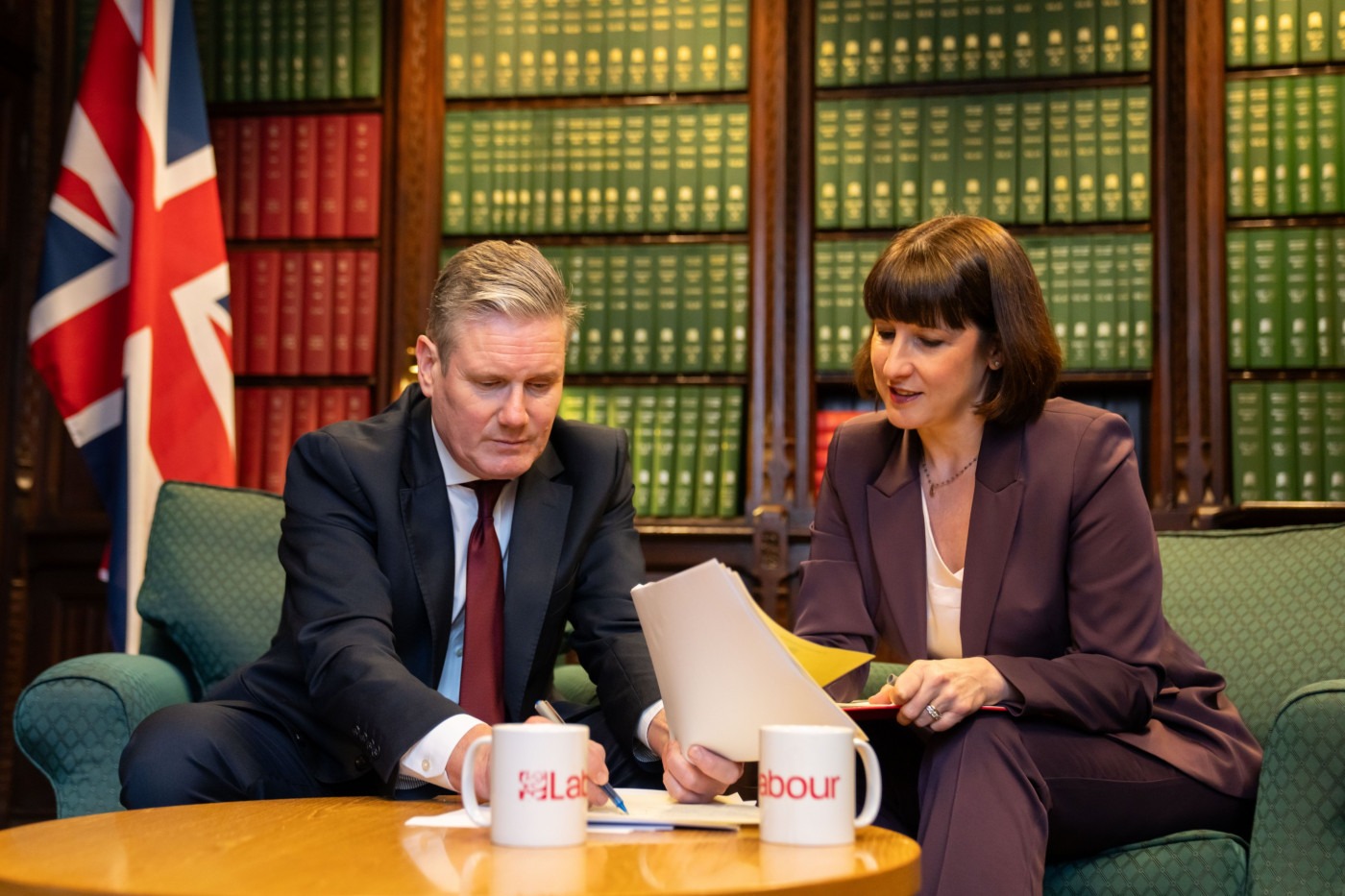Rachel Reeves and her double-edged sword
The Autumn Budget is around the corner, and many are speculating about what Labour Chancellor Rachel Reeves will announce. Her plan must further the Government’s economic strategy without frightening voters.
At the Labour Conference in September, Reeves said: “Growth is the challenge, and investment is the solution”, highlighting that her main focus in the Budget will be to raise money for investment. Unfortunately, it isn’t that simple. The Labour Party is not known for its wise, long-term investments, and investors believe that to ensure prudent, sensible investments in the long term, guardrails must be implemented – something Reeves is seeking to ensure. Bad investments are worse than a lack thereof.
Moreover, Reeves looks set to raise taxes, aiming to fill a £22 billion hole she has identified in the public finances and take pressure off government departments. However, increasing taxes will not help stimulate growth. Another concern is that if Reeves doesn’t raise enough funds for investment, she will have to borrow more to invest, and the UK has already reached a debt-to-GDP ratio of 100%. This would bury the UK in even more debt, leading to less and less capacity for expenditure in the future. It could also reduce reliability and faith in the UK as a country, as it would prove that it is unable to repay its debt.
Reeves has limited her options by agreeing to so many guidelines. By promising to abide by roughly the same debt rules as her Tory predecessor, she has reassured people about Labour’s fiscal probity but also risks compromising her ambitions for higher investment. To make matters worse, she has vowed not to raise Income Tax, VAT, National Insurance Contributions, or Corporation Tax – and previously signed up to Hunt’s extremely tight spending envelope for public services, which implies real-term cuts to funding in areas such as prisons and local governments. These places have already been short of money and shall now be suffering even more. She has stuck herself between a rock and a hard place here.
Taxes will have to be raised to excessive levels, or the UK will sink into even more debt
Restrictions such as these mean that Reeves is seemingly unable to carry out her plans for investment and raising funds. However, sneaky loopholes could give her a way out. One includes redefining the official definition of debt to give her more leeway with borrowing. This could increase the Government’s capacity to borrow by over £60 billion over the course of this Parliament. Also, while she might stick to her word on not increasing particular taxes, she could sneakily increase the number of people who they affect or raise different ones.
One way she might do this is by closing the tax loopholes in private equity. Rather than being ideological about taxing the wealthy, Reeves has realised that since private equity managers are paid partly through carried interest, a form of performance-related pay, much of their compensation is treated as capital gains and therefore subjected to a lower tax rate. Reeves will reform the tax treatment of carried interest, increasing the total amount of tax received by the government. They may also impose National Insurance on employers’ contributions to pensions, which in itself would raise £9 billion. This will subtly increase tax revenue without explicitly violating Labour’s manifesto commitments.
All in all, Reeves’ investment plans will find a way of backfiring. Either the investment will be insufficient, or it will be too much. Taxes will have to be raised to excessive levels, or the UK will sink into even more debt. A double-edged sword awaits her.

Comments